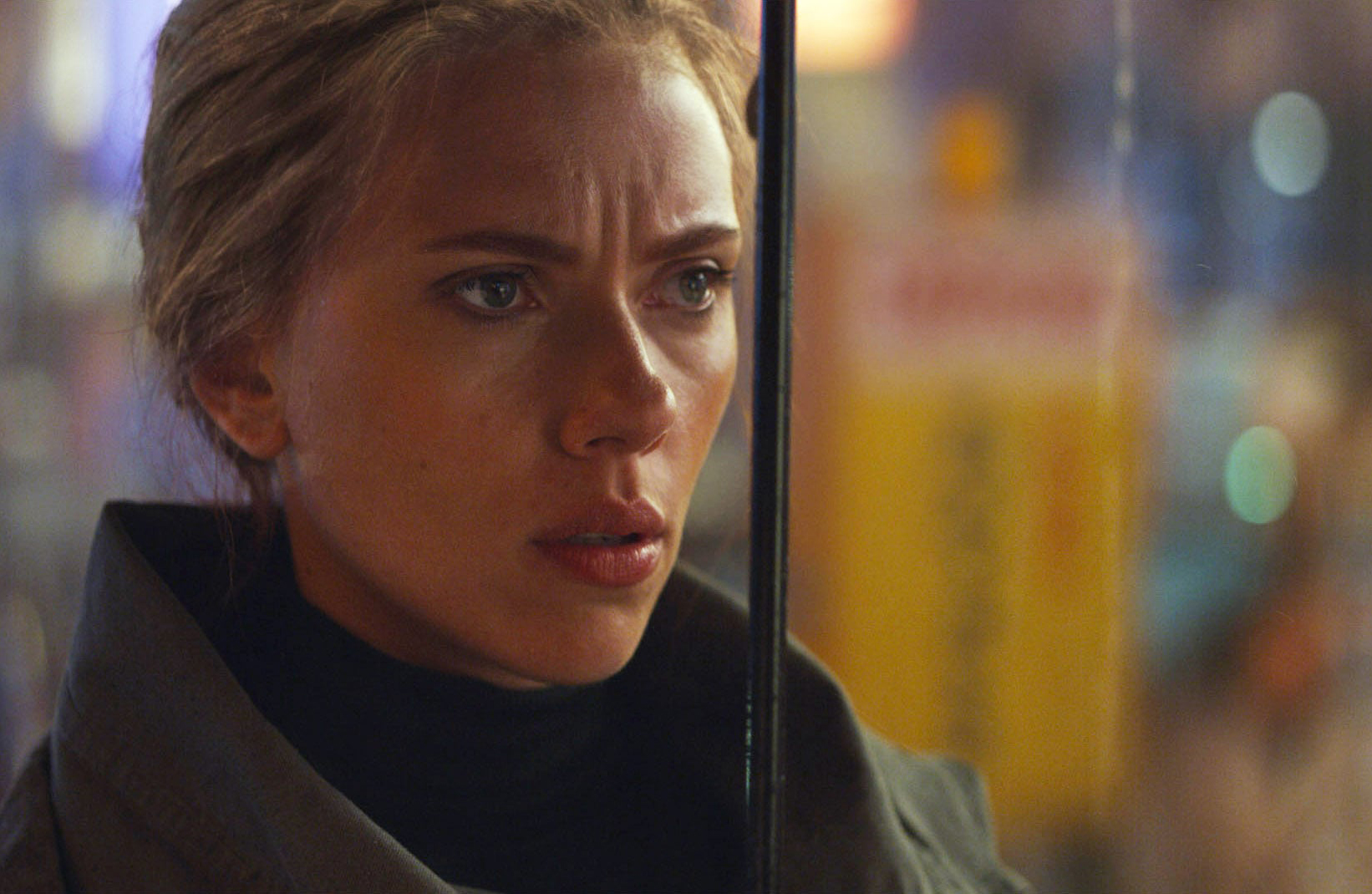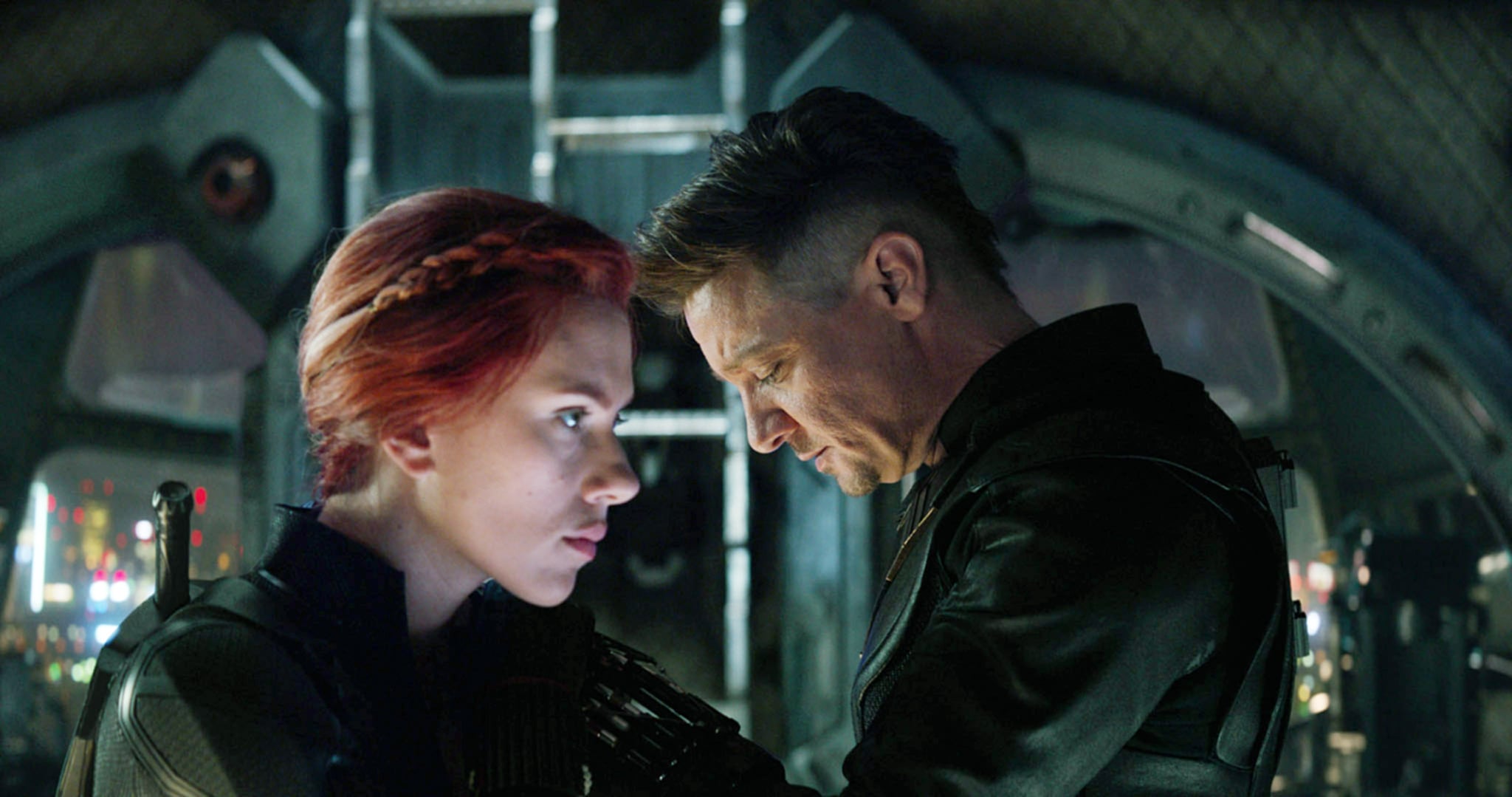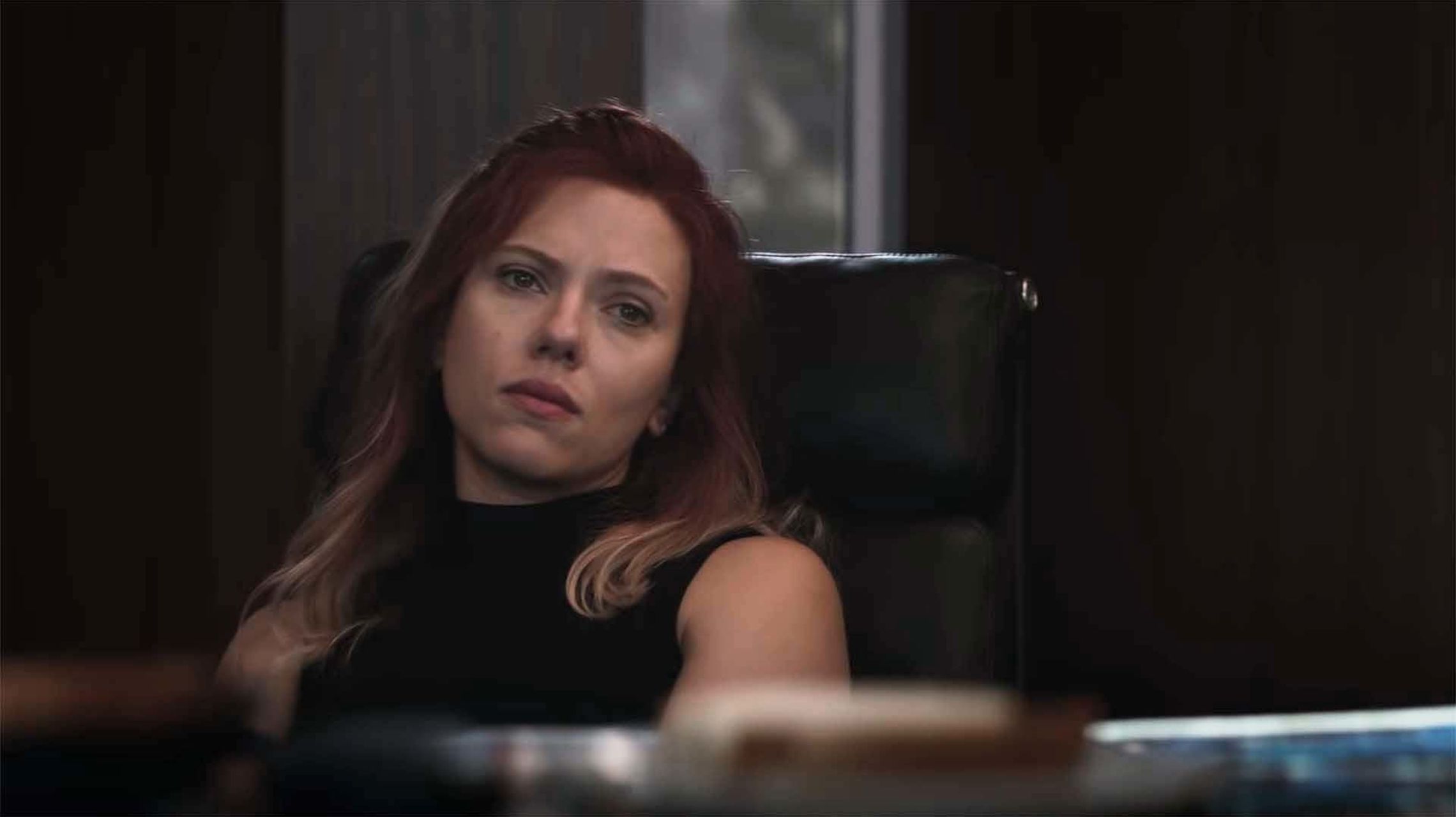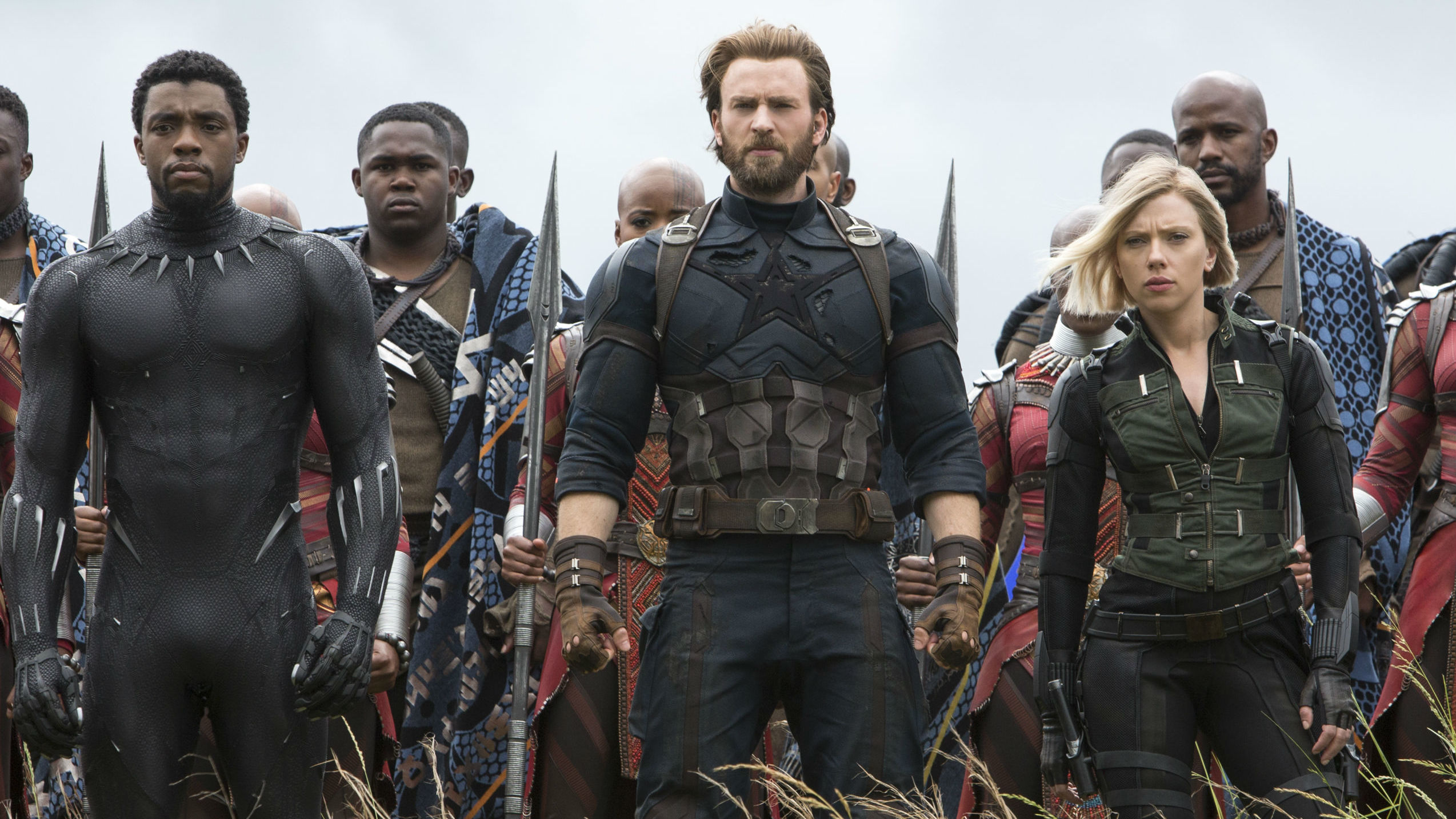
Did Endgame Finally Do Black Widow Justice?
By: Suzannah Rowntree
Published: July 24, 2020
Topics: Art

Warning: Major spoilers for Avengers: Endgame!
So the Regiment finally all got to see Avengers: Endgame, and have been losing their collective mind over all the awesomeness (Steve Rogers getting the most awesome combat scene of his career! Pepper finally getting to battle in Iron (Wo)Man armour! That shot with all the superladies!) and also you know that we were laughing at all the hysterical folks who were so convinced that Captain Marvel was being set up to singlehandedly save the day when the blokes couldn’t—wow, it turns out that Marvel can tell a better story than that, how shocking, who knew
But we’re puzzled, because our favourite moment in the movie is one that some people seem to have a big problem with. In one of the most gutwrenching scenes of Infinity War, Thanos didn’t hesitate to sacrifice his daughter Gamora to get his hands on the Soul Stone. In Endgame, the scene is reprised, but in a completely different way and with characters we never would have expected: Clint and Natasha. And unlike Thanos with Gamora, these two equals fight not over who will live, but who will sacrifice.

We had no idea who would live and who would die, but we loved that Black Widow got to make the big sacrifice that ultimately saved the universe. Not everyone did, however.
Sniffing at the “heretosexual domesticity” enjoyed by Hawkeye, Slate says “Black Widow… seems to hit all the female obligations of superhero tales: to be no fun, yearn romantically, then die, arguably so a man can find happiness.”
The Atlantic complains that “Her death was an act of sacrifice for Jeremy Renner’s Hawkeye, one in which Black Widow instantly calculated that his wife and children made his life worth more than her own.”
Have these people been watching the same films we did?
In Age of Ultron, we saw that Natasha was the only Avenger who knew that Hawkeye had a family. We saw that she had an actual relationship with Clint’s wife, Laura, and the children; obviously she recognises that they are people in their own right, who love their husband/father as much as she does. Natasha doesn’t just give her life so that her friend Clint Barton can live. She gives her life so that his wife doesn’t have to lose her husband, and so that his children don’t have to grow up without a loving father.
Of course, we want to make it clear that there would have been nothing wrong with Natasha choosing to sacrifice herself for Hawkeye alone, nor is it inherently more noble to sacrifice for his family. It’s just that no one should trivialise the whole rich network of relationships which Clint represents in that scene.
By contrast, the authors of the Atlantic and Slate articles seem to see Hawkeye’s wife and children as merely accessories or belongings who exist solely to provide Clint with “heterosexual domesticity” or give his life more meaning that Natasha’s own. What decent person even thinks of her friends in this dehumanising way?

In fact, what decent person ever sits down to tot up whose individual value as a human being makes them the most logical sacrifice in any given situation? That was the whole point of Infinity War, right? “We don’t trade lives.” Sacrificing other people is a Thanos play, one that didn’t get the Avengers far when they tried it (on Vision). Only loving self-sacrifice is able to break this pattern of exploitation and dehumanisation, and save the world.
We can’t help wondering if this backlash betrays confusion over the whole concept of sacrifice itself. Because, to be honest, there’s a real reason why these writers are offended by Natasha’s sacrifice. The fact is that in real life, women make endless unrecognised sacrifices that too often end up belittling and dehumanising them in comparison to men. Some men really do feel entitled to tell us how to dress, groom, speak, act, and order our lives, as if we exist purely for their own benefit and have no right to make our own choices. And so any notion of a woman’s sacrifice, in any context, is seen as capitulation to the patriarchy.
But what is the alternative? Should Natasha have kicked her best friend, the father and husband of a young family, over the cliff? Is the Thanos play really our only option to break free of the patriarchy here? Because to us, it just looks like perpetuating the cycle of exploitation, coercion, and violence, exchanging a brutal patriarchy for a brutal matriarchy.
That is not the answer. The antithesis to exploitation is not a reversal of that exploitation; it’s agency. It’s consent. It’s a freely chosen self-sacrifice. When Gamora was sacrificed, she was dragged to the edge and thrown over. Where Gamora had no agency and no choice, Natasha did. And that is why when Gamora’s death strikes us as a horrible injustice, Natasha’s plays as a moment of transcendent heroism.
By contrast, it’s disturbing how The Atlantic describes the female characters it approves of: “Valkyrie and Okoye and Shuri and Hela, women who were warriors, prodigies, death incarnate.”
Hela? Seriously? The woman who lost her right to rule Asgard because she was an imperialistic genocidal maniac? This is your idea of a strong female character?
This, right here, is the problem: an equation of human dignity and worth with, of all things, violence and destruction. Don’t get us wrong, sometimes it’s absolutely necessary to fight, legally or physically, against an abusive father figure like Thanos. We cheered on Nebula and Gamora every step of the way as they worked to destroy him. On the other hand, we loved seeing Pepper step into battle beside Tony in Endgame, but is anyone seriously going to argue that the woman who calmly carried out a nerve-racking and dangerous act of corporate espionage in the very first Iron Man has all along been less of a person because she didn’t blow things up? Is it really pro-woman to predicate human value on who’s the strongest, the smartest, or the deadliest person in the room? Because that seems like a recipe for–well, more exploitation.

Jesus Christ said that the true path to greatness doesn’t come from raw power, impressive smarts, or death-dealing capabilities. It comes from service. It comes from self-sacrifice.
We aren’t going to argue that Marvel has always handled its female characters well. (We were never fans of Pepper’s “take out the trash” line in Iron Man, for instance.) And Black Widow has been on the receiving end of most of the MCU’s sexism. When Natasha Romanoff first came on the scene in Iron Man 2, she was overtly sexualised, and it took a very long time for her to grow out of that box. Of the three major characters who are ushered off in Endgame, she’s the one who goes with least fanfare or mourning.
Yet her end was noble, and moved us to tears. Despite the sometimes overt sexualisation of her character, the fact remains that Natasha’s most meaningful relationships with men have always been chaste, loving friendships based on mutual respect and a common mission. It seems so fitting that the woman with “red in her ledger”, who called herself a monster in Age of Ultron less because she couldn’t have babies than because she had been turned into a ruthless killer, whose greatest living expression of repentance was friendship, should find her ultimate meaning and purpose in laying down her life so that others could live.
Greater love hath no man—or woman. In an interview with scriptwriters Christopher Markus and Stephen McFeely, it was revealed that in one draft of the story, Hawkeye was the one who made the sacrifice, not Natasha. But a female colleague objected. “Don’t you take this away from her,” warned visual effects producer Jen Underdahl.
We’re with Jen on this. Don’t take this away from her. The right to be fully human is not just the right to stand alongside our men in the battle for truth and goodness. Ultimately, willing sacrifice is the most heroic act of all.

Suzannah Rowntree
Suzannah lives in a big house in rural Australia with her awesome parents and siblings, writing historical fantasy fiction informed by a covenantal Christian perspective on history. Find her online at SuzannahRowntree.site
